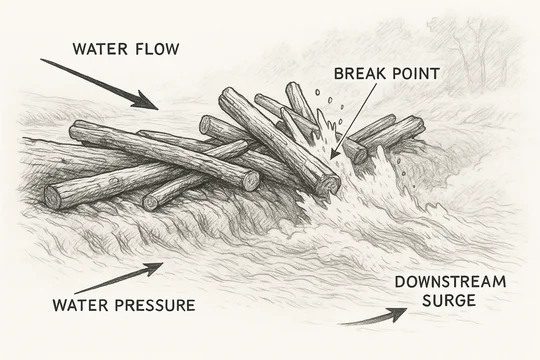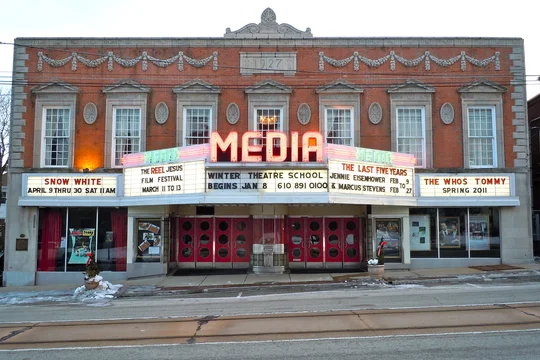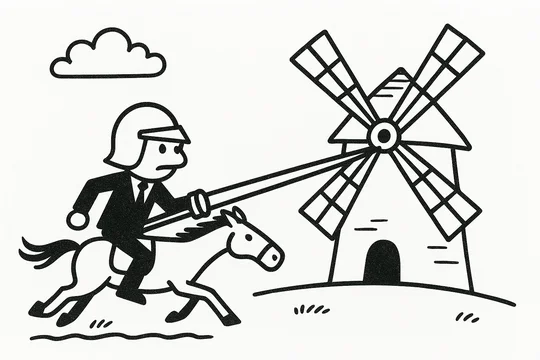
Late last week, Judge Noreika denied a motion for interlocutory appeal of an denial of a motion to dismiss for lack of standing.
Security Interest Doesn't Prevent Suit After Debt Repaid
In moving to dismiss, defendant argued that the PTO assignment records show that the the patentee had assigned its patents to a lender as collateral and, after the debt was repaid, had never received an assignment back or any release of the security interest.
Plaintiff countered that the security interest was extinguished once the debt was repaid, regardless of any release or assignment specific to the patent. So no separate assignment back was needed.
Judge Noreika sided held that the judgment had been satisfied …





